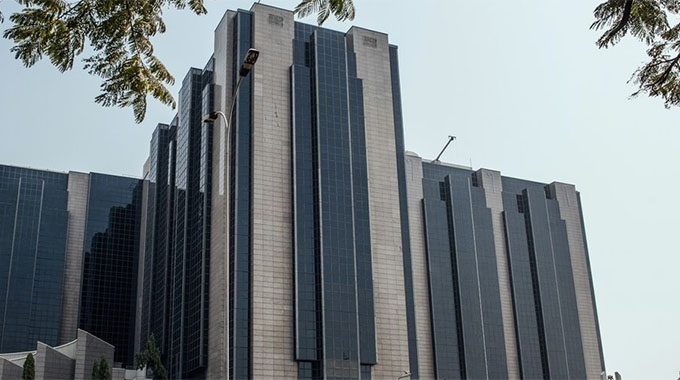Nigeria set to hike rates as gas subsidy seen ending

The Central Bank of Nigeria was yesterday expected to raise interest rates for a seventh consecutive time, seeking to curb stubbornly high inflation that will likely stay elevated due to the planned scrapping of a costly fuel subsidy.
Bola Tinubu, set to be sworn in as president next week, pledged in his campaign manifesto to remove the subsidy that wipes out almost all of the West African nation’s earnings from oil — its main source of revenue — and allow the market to set prices at the pump.
“This could induce the apex bank to keep raising its benchmark rate, as inflation may remain elevated,” according to Ibukunoluwa Omoyeni, an economist at Vetiva Capital Management. The scrapping could see pump prices more than double, which “would definitely induce an inflationary spike,” he said.
Of 14 economists surveyed by Bloomberg, nine expect the central bank’s monetary policy committee to raise the benchmark by 50 basis points to 18,5 percent. Another predicts 1 percentage point increase, and the rest see no change.
The MPC has jacked up rates by 650 basis points since May 2022, its longest tightening cycle in more than a decade. Yet inflation sits at 22,2 percent, more than double the 9 percent limit of the bank’s target range.
“The removal of the subsidy will almost certainly lead to an increase in inflation, especially given the strong link between the subsidy and transport and logistics costs,” said Yemi Kale, KPMG Nigeria chief economist and a former statistician-general.
“Already data shows that transport costs have been largely responsible for the high double-digit inflation we see today,” he said.
Governor Godwin Emefiele said at the MPC’s previous meeting in March that it planned to continue tightening, albeit moderately, until the differential between inflation and the key rate is closed to improve market sentiment in Africa’s largest economy. The gap is 420 basis points. – Bloomberg
He also said the MPC is concerned about the upward risks to prices, including the plan to end the fuel subsidy.
Those forecasting a hold, such as Ikemesit Effiong, head of research at SBM Intelligence, anticipate the MPC will want to monitor the impact its current tightening cycle will have on inflation. “Members will be conscious of the inflationary effect of rising rates on domestic borrowing, both public and private; a state of affairs which runs counter to the CBN’s stated mandate to increase credit uptake in the market,” he said.
Developments in advanced economies, particularly expectations that the US Federal Reserve may pause its most aggressive hiking cycle since the 1980s and recalibrated debt expectations from investors, might embolden the doves on the committee, Effiong said. Bloomberg











Comments